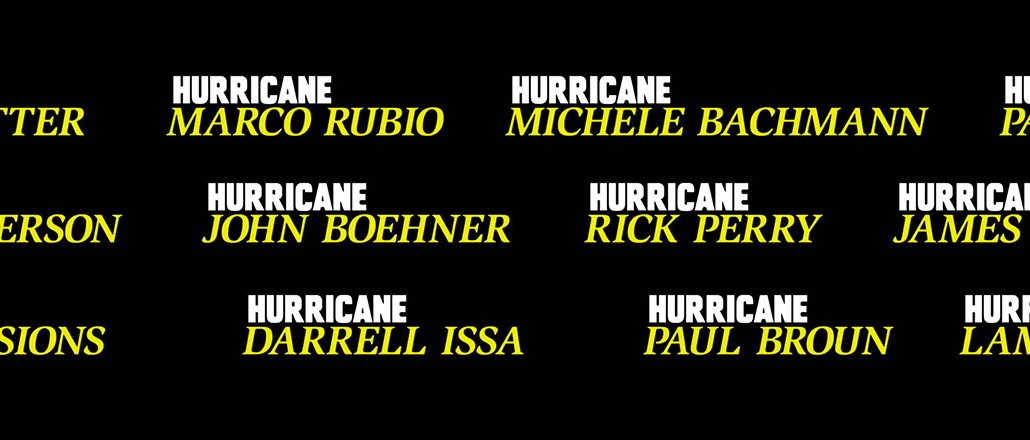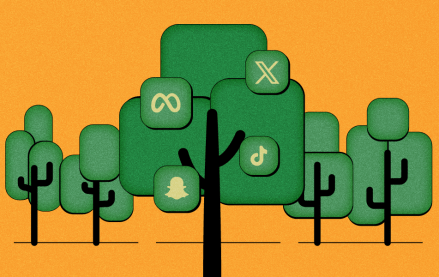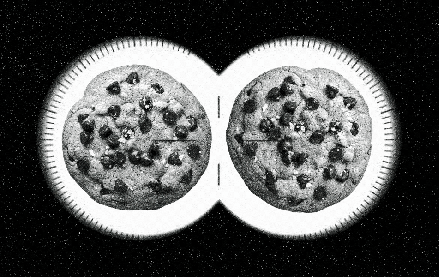
If there’s a buzzword the ad industry loves these days, it’s “purpose.”
The idea of a higher calling to advertising will cause many to roll their eyes, but at Advertising Week, you’ll hear advertisers and agencies preaching the power of purpose with a missionary’s zeal.
The reality is that “purpose” is also a way to remain relevant. Consumers are bombarded with ads, and according to research by Cone Communications and Edelman, they’re more likely to embrace a brand associated with a cause.
Here’s how a group of top ad agency creatives at Advertising Week pinned down the squishy concept of purpose-led marketing: :
Rob Reilly, global creative chairman, McCann Worldgroup
For Reilly, purpose-driven marketing today is not merely limited to pro-bono work or public service announcements — it is what clients demand even in their routine marketing efforts. He pointed to Always’ Like A Girl campaign as a primary example — adding that the topic is frequently discussed with clients like Nestlé and Nespresso.
“A lot of our clients are thinking that way and we’re pushing that with our people — it is a great route to not only do something creative but also do good,” he said.
Nick Law, global chief creative officer, R/GA
Millennials — being humans — are more likely than brands to embrace causes. But, according to Law, doing good not only appeals to millennial consumers, it also helps in attracting millennial talent to agencies.
“It’s not only the right thing to do, it also helps in recruiting and retention,” he said. “Young people are especially very interested in aligning themselves with brands with a purpose.”
Gerry Graf, founder and chief creative officer, Barton F. Graf 9000
Barton F. Graf 9000 generated buzz for its edgy 2013 video on climate change with activist group 350 Action, where instead of naming extreme storms after people, it encouraged the World Meteorological Organization to name them after the policy makers who deny climate change and obstruct climate policy. Graf attributes that to being passionate about the issue.
“We do things that are important to us — that’s where ‘Climate Name Change’ came from,” he said. “We got pissed off personally. Sometimes that’s the trigger.”
Alessandra Lariu, executive creative director, Frog
Lariu referenced a Harvard Business School article from 2011 titled “Creating Shared Value” to explain how brands need to look at profitability, sustainability and causes in a holistic manner — rather than viewing them as mutually exclusive entities.
“You can have the greatest idea, but if the product doesn’t back it up, advertising can only do so much,” she said.
Homepage image via Shutterstock
More in Marketing

The case for and against organic social
Digiday has delved into the debate, weighing the arguments for and against marketers relying on organic social.

Inside Google’s latest move to postpone the cookie apocalypse
Despite Google’s (most recent) assurances that it would stick to its (newest) game plan, there has been a lot going on as of late.

While Biden signs the TikTok bill, marketers still aren’t panicking
No one seems convinced (yet) that an outright ban will happen anytime soon.






